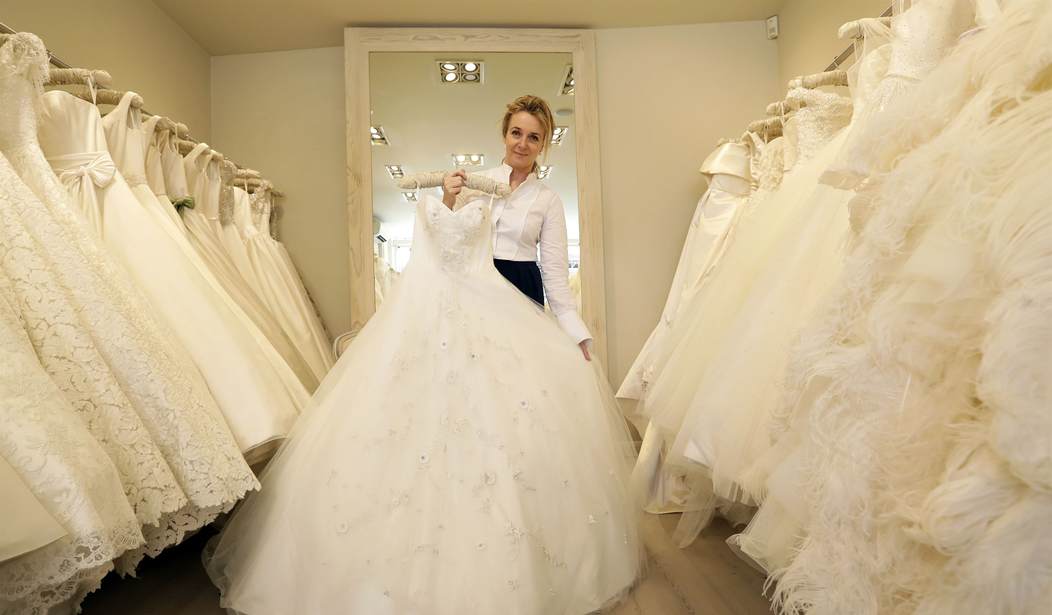The Wuhan coronavirus pandemic has had a detrimental impact on the world: physically, mentally, emotionally and financially. The impact of the virus can be felt in all aspects of society, from shopping at the grocery store to figuring out how to make rent on time.
We have heard about how mental health is declining across the country and suicides are up. We have heard about how divorce rates are up. But the one thing we have not heard about – until now – is how the Wuhan coronavirus is impacting marriages.
According to a study published in Socuius, the American Sociological Association's online web journal, marriages plummeted in 2020.
Researchers compared marriage rates in Florida, Hawaii, the Dallas-Ft. Worth area and the Seattle metro area. They chose to look at Florida and Hawaii to compare their responses to the Wuhan coronavirus pandemic. Hawaii issued strict lockdown orders early on and have reopened very, very slowly. Florida, on the other hand, remained relatively open, with few restrictions.
Between March – when the pandemic began – and July, Florida saw a 26 percent decrease in marriages from 2019. Hawaii shared similar results, which began to climb in April. The island saw a 44 percent decrease in marriages, but that is, in large part, because of "destination weddings" being canceled.
Recommended
Between March and August of 2020, marriages dropped 27 percent in Dallas-Ft. Worth. Marriage applications in Seattle through September were down about 15 percent.
“As an institution, marriage has important implications for the well-being and health of couples and their offspring, individual behaviors, and legal protections for partners,” the researchers warned.
Of course, couples are going to decide to hold off on getting married. Most people have families and friends that live in different areas, including in various states. Some have family members and friends that live in other parts of the world. Everyone wants to share their special day with those they are closest to. Couples are more likely to postpone their wedding and wait until the pandemic is over so they can gather with loved ones and celebrate, especially if there are attendees that are older or have underlying medical conditions.
The other issue couples who are getting married face: finances. With the economy still in free fall, no one knows whether or not they will have a job tomorrow. That is a big weight to take on when planning a wedding (depending on how many people are showing up, the type of venue, and what guests are being fed).
There are concerns that marriage will be thrown by the wayside and Americans will refrain from starting families.
“This decline has thus far shown few signs of stopping, or even slowing and leading indicators are consistent with continued declines relative to pre-pandemic levels," the researchers concluded.
Whether or not this trend will continue in the United States, no one knows. Right now, people are more concerned with staying afloat, with having a job, a roof over their head and food to eat instead of spending their income on things like wedding dresses, flowers, and expensive venues. People are having to prioritize what is most important. And a fancy wedding is at the bottom of the list.

























